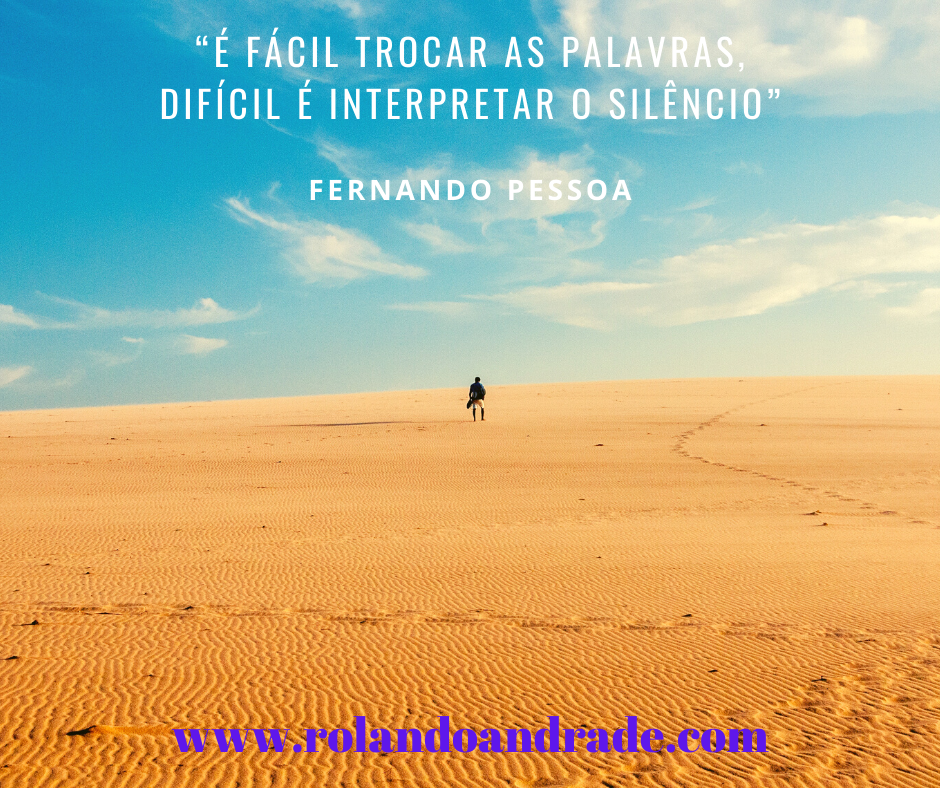
Listen to my silence…
In music, rhythm arises from the silence between the notes. In architecture, structures are shaped by the surrounding empty spaces. Similarly, each person’s inner truth often dwells in silence.
In our subjectivity, whenever there is silence, we uncover people, memories, objects, facts, traumas, emotions, resentment, guilt… and even feelings which are, at times, so painful that we think it is better to lock them forever in secret chests. Nevertheless, emotions can reveal themselves in very subtle, almost imperceptible ways which are, at times, disguised and imperceptible to those easily distracted…
This is how, in Psychotherapy, painfulness often lurks through the half-open doors of silence, thus unveiling the true nature of individual suffering. The psychotherapist must, therefore, empathize with the patient’s silence, avoiding any loud interruption of its revealing nature. Only then can feelings surface from silence and needs and desires can manifest themselves via the absence of words. Sometimes, one only needs to remain silent (silence can have an encouraging effect) … paying attention to the other person’s silence… and this can have tremendous transformative power.
In Psychotherapy, silence is the purest form of emotional revelation. This happens because silence is always someone’s private property. It occurs for certain reasons and at certain times, not by chance or because one is at a loss for words to express oneself but because, at that specific moment, one opted for the absence of expression… and opened wide the doors of their suffering… because emotional pain can indeed silence the voice of reason.
Unspoken words are of greater value than countless words which cannot always define or convey how distinct and overwhelming the human experience of suffering can be. Indeed, what is unspeakable cannot be redefined, contextualized or softened… it will always be frightening, indescribable… deafeningly silent!
Nevertheless, some do not tolerate silence (perhaps because of its revealing nature) and desperately seek to fill it… Silence can be as frightening as the void, generating the same kind of anguish and fears.
“The void is the space for freedom, the absence of certainties.
But that is what we fear: not having certainties.”
Dostoevsky
The psychotherapist is therefore also an interpreter, a translator of silence, a travelling companion (not a guide) who collaborates in the task of thinking and providing a name and a meaning to what could not always be thought of, remembered or felt (lived to the fullest), thus enabling patients to suffer in safety and free themselves from the suffocating moorings of silence and fear which have prevented them from expanding their creativity and ability to think and live. When silence on painful emotional aspects is broken, the full potential for fulfilment and happiness can finally be unleashed.
Rolando Andrade
Clinical Psychologist
Psychotherapy
Sports Psychologist
professional ID OPP 4365


António Oliveira
28 January, 2021 at 13:01Gostei muito do artigo. Talvez porque o silêncio sempre foi o meu melhor amigo. Boa quinta-feira, Dr. Rolando